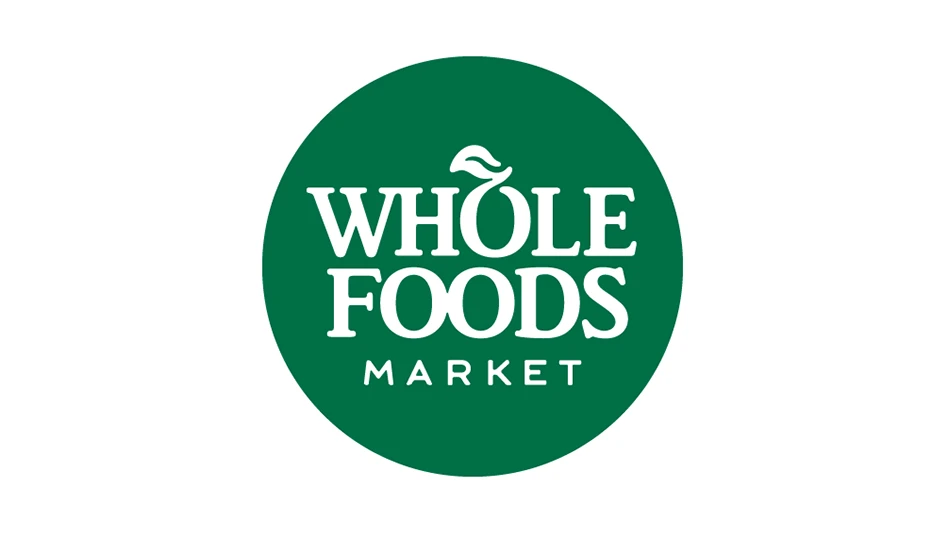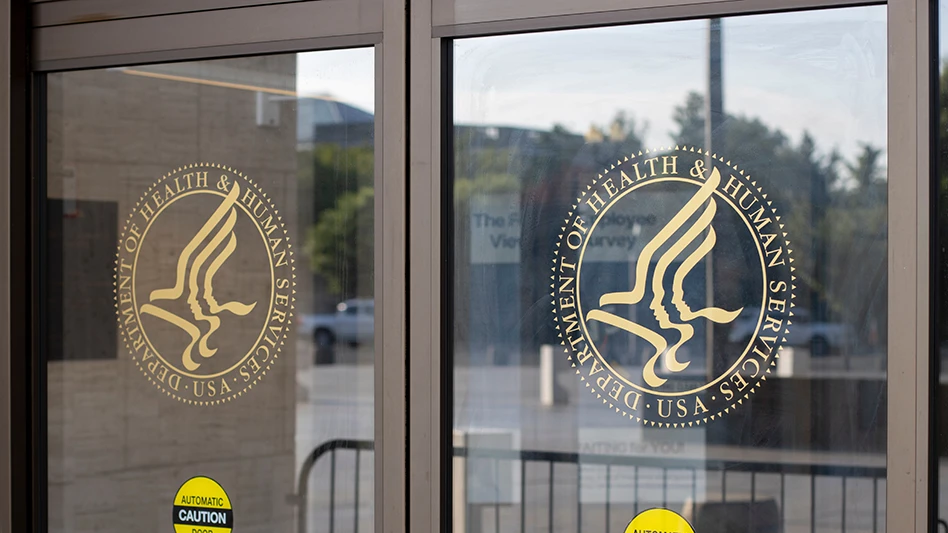
Photo courtesy Whole Foods Market
AUSTIN, Texas — Gen Z consumers are placing an overwhelming emphasis on both sustainability and quality in their grocery products, and many are willing to spend more to support brands that reflect these values, according to a recent YouGov survey.
These findings are part of a new survey that examines Gen Z food, health and grocery shopping preferences, which was conducted independently by YouGov on behalf of Whole Foods Market. The national online survey sampled 1,023 adults between the ages of 18 to 27 in the U.S.
The study reveals that 70% of Gen Z supports climate-smart agricultural practices. Additionally, 55% are willing to pay more for environmentally sustainable products, and over half of Gen Z consumers prefer brands that prioritize lower environmental impacts or locally sourced foods.
Quality is also important for this younger generation. Eighty percent of Gen-Z said they prioritize food quality in purchasing decisions, and 70% are willing to spend more on high-quality food.
“Prioritizing a positive climate impact while continuing to meet our rigorous quality standards is part of our identity at Whole Foods Market. It’s not just what we do, it’s who we are as a company,” said Jason Buechel, Whole Foods Market chief executive officer. “As Gen Z generates a higher demand for environmentally conscious products, we have continued to increase our efforts toward climate-smart agriculture and responsible sourcing practices. This generation gives me great optimism as we continue to protect our food systems for future generations to come.”
The study reinforces a growing demand among younger generations for clear information about sustainability to make informed purchasing decisions. Specifically, as climate change increasingly impacts consumer behavior, the findings from this new study reveal Gen Z is hungry for greater transparency regarding food sustainability and quality.
The study highlights that nearly three-quarters of Gen Z express concern about the future of our climate, and 68% feel they would benefit from more information from retailers about the sustainability of various food products. This gap underscores a key opportunity for brands to improve communication and transparency around sustainability and quality.
“We know Gen Z cares deeply about how their food is grown and produced, and we are committed to providing products that support these values,” said Sonya Gafsi Oblisk, Whole Foods Market chief merchandising and marketing officer. “We are proud to be a trusted grocer and inspire consumer confidence in the products they buy through our industry-leading quality standards and exclusive programs like Sourced for Good that support workers, communities and the environment where our products are sourced.”
Other findings:
- Three-quarters of Gen Z view reducing food waste as essential for sustainability, yet only half prioritize sustainable packaging.
- Brand loyalty is increasingly tied to social responsibility, with 69% believing brands should advocate for a change in responsible sourcing, 66% preferring brands that give back to local communities, and 71% wanting brands to support their employees.
- Over 60% report stronger feelings about food sourcing and ingredient transparency compared to five years ago.
- 60% aim for healthy eating. Health concerns motivate dietary restrictions for 53%. This indicates that emphasizing the health benefits of sustainable choices could better resonate with Gen Z.
This survey was conducted online in the U.S. by YouGov for Whole Foods Market from Aug. 30 to Sept. 6, among 1,032 U.S. adults aged 18 to 27 who passed an occupational security screening.
Latest from Quality Assurance & Food Safety
- Kim Heiman Elected to Second Term as President of Wisconsin Cheese Makers Association
- FAO Launches $150 Million Plan to Restore Ukrainian Agricultural Production
- Pet Food Company Implements Weavix Radio System for Manufacturing Communication
- Penn State Offers Short Course on Food Safety and Sanitation for Manufacturers
- USDA Announces New Presidential Appointments
- FDA to Phase Out Petroleum-Based Synthetic Dyes in Food
- IFT DC Section to Host Food Policy Event Featuring FDA, USDA Leaders
- CSQ Invites Public Comments on Improved Cannabis Safety, Quality Standards





